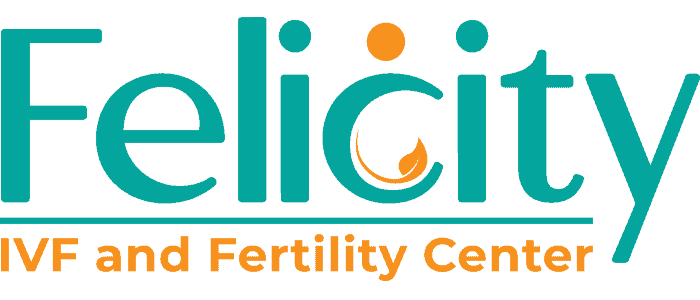Intra cytoplasmic sperm injection (ICSI) is a micromanipulation procedure by which a single sperm is injected directly into the cytoplasm of an oocyte and the fertilized egg(embryo)is transferred into the uterus. It is the advanced assisted reproductive technology done to help fertilize the egg because sometimes the sperm cannot penetrate the outer layer of egg due to a variety of reasons.
ICSI can help couples who struggled with infertility, especially when the infertility issues are male related.
 WHO BENEFITS FROM ICSI?
WHO BENEFITS FROM ICSI?
- ICSI is done for
- Men with little or no sperm
- Men who have sperm motility issues
- Whose sperm is not able to attach to the egg
- Blockage in the male reproductive tract that prevents the sperm from being ejaculated
- When TESA/MESA samples are used
- Poor oocyte quality
- Invitro matured (IVM) eggs are used
- When frozen eggs are used
- Previous failed IVF cycles
- Couples planning to test embryos for certain genetic problems (PGT).
 Ovarian stimulation, egg pick up
Ovarian stimulation, egg pick up
Couple are given a detailed tour of the fertility center and the procedure first.
Women are advised to come on day 2 of the menstrual cycle, when all the follicles are synchronous i.e. all the follicles size between 2-7mm. Women are given hormonal therapy in the form of injectables for a period of 10-12 days depending upon the response, frequent monitoring of the follicular sizes is done and the dose is adjusted accordingly. Once the desired numbers and sizes are attained trigger injection is given and egg/Oocyte pick up is scheduled after 36 hours of the trigger injection.
During this process, men are advised to give a back up semen sample on Day 5 of the stimulation with three days abstinence.
On the day of the oocyte pick up, Men are advised to give one more fresh semen sample 2 hours before the egg pick up. Women are put in lithotomy position, under aseptic precautions, Egg retrieval is performed under mild sedation, local anaesthesia or, in some cases, general anaesthesia, most commonly by ultrasound guided fine needle (aspiration). The mature follicles are identified using ultrasound, and then a needle is passed through the vaginal wall into the follicle and the fluid withdrawn from the mature follicle with gentle suction.
 Side Effects of egg pick up
Side Effects of egg pick up
- Post procedure, women will be kept under observation for a couple of hours.
- Ovarian hyperstimulation
- Slight tenderness in abdomen
- Vaginal spotting in red or brown colour.
- Anesthesia side effects like Giddiness, nausea and vomitings are other common side effects.
 HOW IS ICSI DONE?
HOW IS ICSI DONE?
Once the follicular fluid that carries eggs are retrieved they are closely examined to separate the eggs from the fluid. Once the eggs(oocyte cumulus complex) are successfully identified in the IVF laboratory they are rinsed in culture media and mature eggs are separated and placed in culture dishes containing special media and placed in specialized incubators with controlled environmental conditions.
The semen sample from the partner is collected and processed and kept ready for the ICSI procedure. In this procedure, a small needle (micropipette)is used to inject a single sperm into the centre of the egg. After incubating for a night they are checked to see if they have been fertilized. The fertilized egg (now called embryo)is cultured in special media in lab for 1- 3 days or 5days before it is transferred into the uterus.
